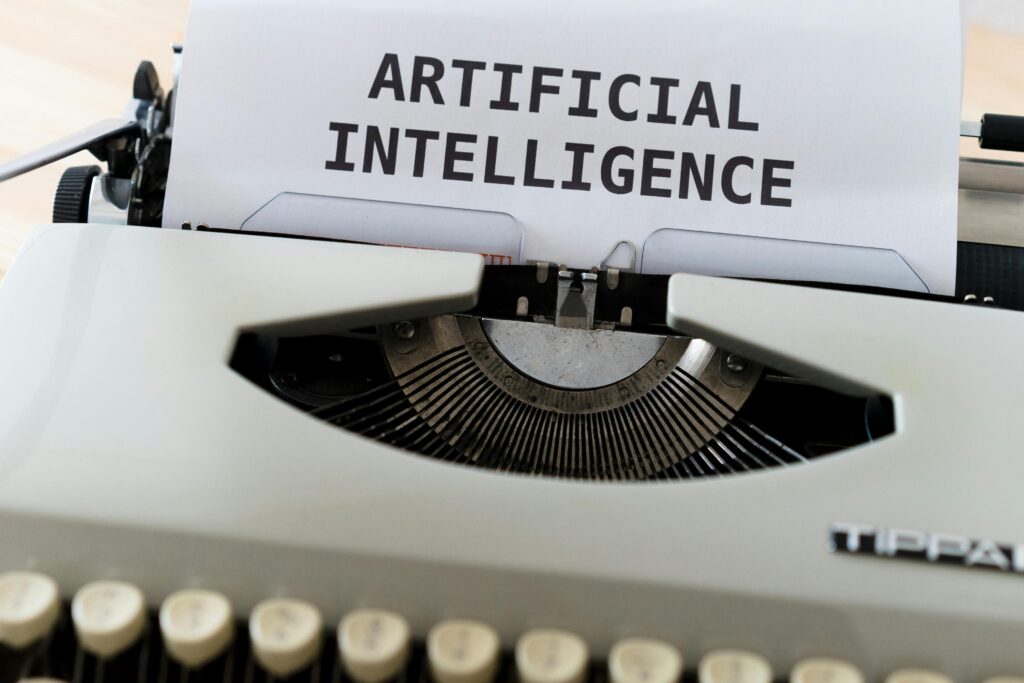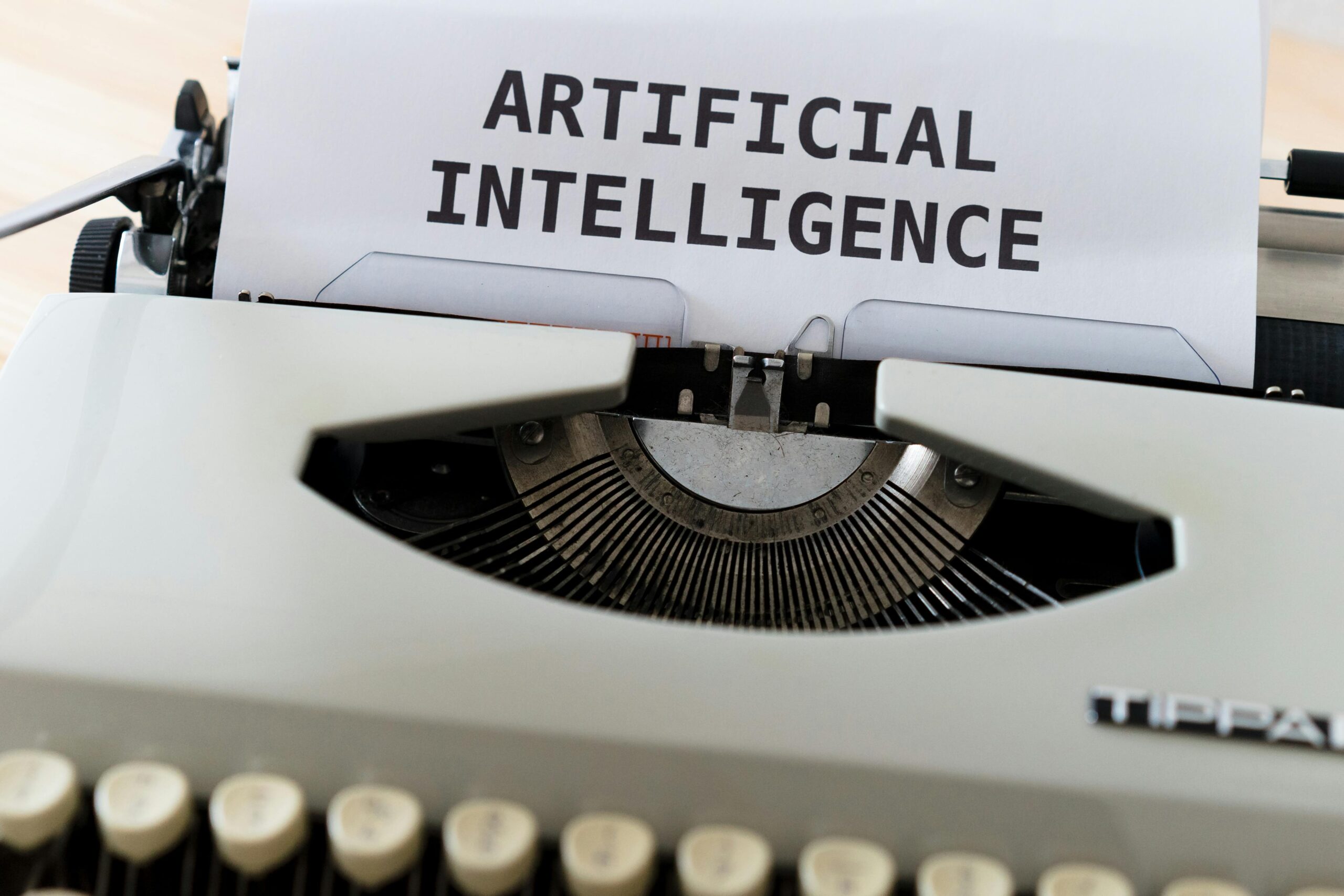
🤖 The AI Revolution Is Here – And So Is the Fear
Artificial Intelligence (AI) is no longer a futuristic concept—it’s already reshaping how we live, work, and communicate. While AI is making industries more efficient and products smarter, a recent report has raised alarms about something far more personal: job security.
According to this newly published research, millions of jobs across various industries are at high risk of being eliminated or drastically transformed by AI. Most notably, the report identifies drivers, coders (software developers), and accountants as some of the first in line.
Let’s break down what the report says—and what it means for your future.
🚗 Drivers – Self-Driving Technology Shifting Gears Fast
✅ Risk Level: Extremely High
✅ Timeline: Next 5–10 years
Thanks to rapid advancements in autonomous vehicle technology, jobs like:
- Taxi and Uber drivers
- Truckers
- Delivery drivers
- Chauffeurs
…are all at serious risk.
Companies like Tesla, Waymo, and Amazon are already testing driverless vehicles. Once governments and safety standards align, the transportation industry will likely see massive layoffs.
Expert Insight: “Autonomous driving is not science fiction anymore. It’s just a regulatory green light away from mass adoption.” – AI Policy Analyst
💻 Coders & Software Developers – Surprised? You Shouldn’t Be
✅ Risk Level: Moderate to High
✅ Timeline: Already happening
Generative AI tools like ChatGPT, GitHub Copilot, and Claude are already writing code, fixing bugs, and even building entire applications from scratch.
While the role of a human developer is not disappearing entirely, basic and repetitive programming tasks are being automated at scale.
Here’s what’s being affected:
- Junior developer roles
- QA testers
- Frontend development
- Low-code and no-code jobs
Real Case: A startup recently reported cutting their dev team by 40% after switching to AI-assisted code generation.
📊 Accountants – Number Crunching Meets Machine Learning
✅ Risk Level: High
✅ Timeline: 3–7 years
AI-powered tools are already handling:
- Tax preparation
- Invoice management
- Payroll processing
- Auditing and compliance
Platforms like QuickBooks AI, Xero, and FreshBooks are integrating machine learning that learns from patterns, predicts expenses, and flags anomalies—without human intervention.
“AI doesn’t take breaks, doesn’t make errors due to fatigue, and never misses a deadline,” the report emphasizes.
📉 The Big Picture: Why These Jobs Are Vulnerable
The report highlights three core reasons these roles are being replaced:
- Repetitive, rule-based tasks: Easily automatable
- Clear outcomes with minimal judgment required
- High volumes of data processing involved
AI thrives in predictable environments. And roles that revolve around structured data and routine decisions are first to go.
💡 What Can You Do? – Future-Proofing Your Career
If you’re in one of these professions, don’t panic—but do start adapting.
Here are 5 practical steps to stay ahead:
- Learn AI tools in your domain (e.g., GitHub Copilot for coders, QuickBooks AI for accountants)
- Focus on creativity, strategy, and emotional intelligence—skills AI can’t replicate
- Shift toward AI management roles, not just execution
- Get comfortable with data literacy
- Stay updated with industry trends through courses and certifications
✅ Conclusion: Adapt or Risk Obsolescence
AI isn’t here to destroy human potential—it’s here to reshape it. But for that transformation to be positive, individuals must reskill, upskill, and rethink their career paths.
Whether you’re a coder, driver, or accountant, the message is clear: evolve with technology—or be left behind.




It’s easy to get lost in quick distractions – even seemingly harmless card games! Building mental agility is great, but responsible play is key. Enjoying classic solitaire games can be a fun break, just remember balance! 🤔
kinda scary but also makes sense! I guess it’s time to start brushing up on some new skills.